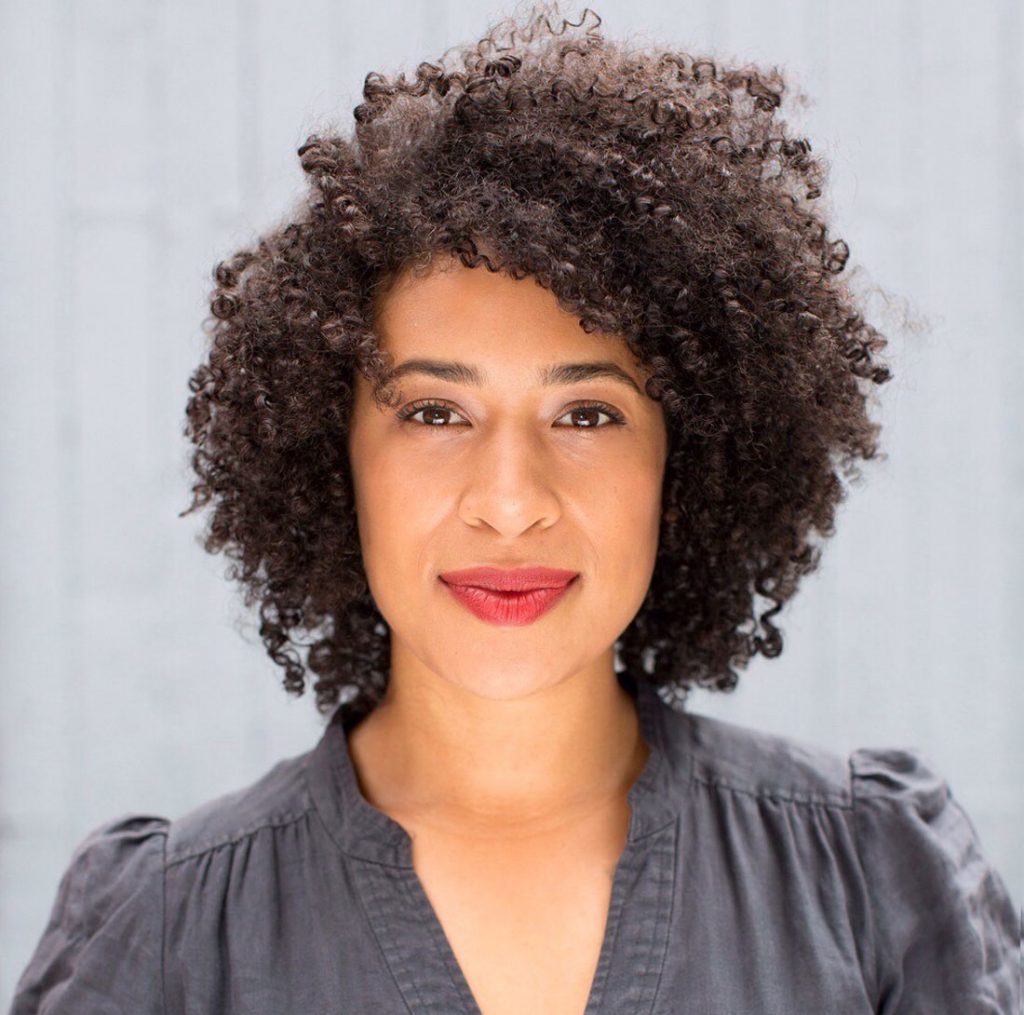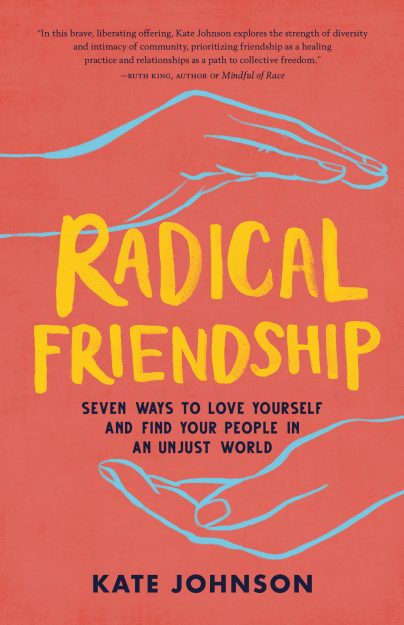Mindfulness of the body is a beautiful practice for cultivating loyalty, the quality we need to stay in relationships even through ups and downs. When we practice awareness of breath or body, our loyalty is to sensation itself. The practice is to stay with the sensations even as they change.
Mindfulness isn’t a thought. It’s a full-bodied sensory experience. The language of the body is sensation, and feeling is the way we listen. Showing up for the pulsing and tingling, the numbness, the heat, the heaviness, the expansiveness, and all the rest of it is a way of embodying loyalty at the most granular level.
Feel the moment when a new breath enters the nostrils. Cool, maybe a bit dry. The chest rises, a sense of fullness. The sensation of the spine rocking forward slightly. The back ribs expanding, the belly extending, and the throat opening. Lightness, space, length, pressure—and then, in an instant, the inhalation turns. Breathing out, feel the warmth of the exhalation. Just a thin stream at first, and then a rush. Softening, deepening, emptying out. A pause before the lungs open up again.
At Spirit Rock Meditation Center, on the unceded Ohlone territory known as Woodacre, California, there’s a gratitude hut that is filled with pictures of revered teachers and bits of wisdom from their teachings. Under a photograph of the Thai meditation master Ajahn Mun are these words from him: “In your investigation of the world, never let the mind desert the body.”
I can’t imagine that any of us intend to desert our bodies. But while developing a meditation practice, many of us discover that we’ve partially evacuated our bodies somewhere along the way. Traumatic experiences stored in the tissues of the body can make it feel like an unsafe place. Our bodies may have been subjected to impossible standards of beauty, desexualized, oversexualized, or pathologized in the gaze of the dominant culture. As we pay attention to the dance of sensation across the field of our awareness from moment to moment, fear and sadness sometimes present themselves to be known and healed—whether or not we have invited them.
Our bodies are innocent. They want to be as healthy, happy, and whole as they can be. They want to expand into the fullest expressions of themselves. They want to be free, unencumbered by judgments, restrictions, and impossible standards. And if we turn away from them, overwhelmed by the multitudes they contain, we will miss the wisdom they have to share with us about how freedom happens at the cellular level, at the level of muscle and bone. They won’t talk to us at all unless we love them enough not to leave when they start to tell us their stories.
We can make friends with our bodies by approaching them with gentleness. With our loyal awareness, we can demonstrate our commitment to our somatic experiences. By paying attention moment by moment, it is as if we are saying to our bodies: I’m not going to abandon you. For this period of time that I’m practicing mindfulness of body, you can be however you need to be, and I’m going to stay right here with you, no matter what. I won’t judge you. I won’t compare you to how you used to be, and I sure won’t make plans to fix you. If you have something to say, I’ll listen. If you don’t, I’ll still be right here.
Our bodies receive our attention as love, and under the soft glow of loving awareness, knots start to unwind and deep holdings start to release. We don’t do it—the body does it on its own. And the body has its own timing, so it will take as long as it takes.
If we find that when we return our attention to the body there’s a lot of intense sensation, resistance, or fear, we can start with just one minute of practicing this way. One minute of bringing awareness to bodily or breath sensations, and then moving our attention to something outside our bodies that feels less activating and more concrete: the ground, the sky, a flower blooming. Our practice then is to come back when we can and, over time, stay a little longer when we are able.
It’s amazing how much can be revealed through this simple practice of loyalty by feeling whatever is unfolding right now, and learning to stay with it, moment after moment. In the process, we become more gathered, collected, and sure in our ability to meet whatever arises internally without flinching or turning away. Nurtured by unwavering commitment, the body learns that it can trust the mind and heart, and we can walk in the world with unconditional confidence, the foundation of which is love.
♦
From Radical Friendship: Seven Ways to Love Yourself and Find Your People in an Unjust World by Kate Johnson © 2021 Kate Johnson. Reprinted in arrangement with Shambhala Publications, Inc. www.shambhala.com
Thank you for subscribing to Tricycle! As a nonprofit, we depend on readers like you to keep Buddhist teachings and practices widely available.

